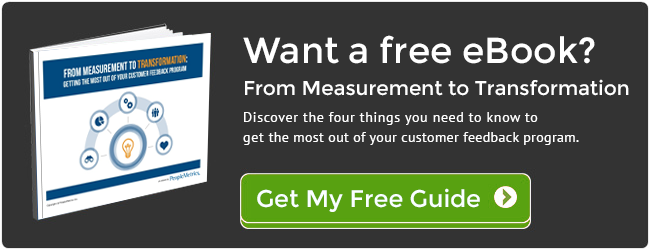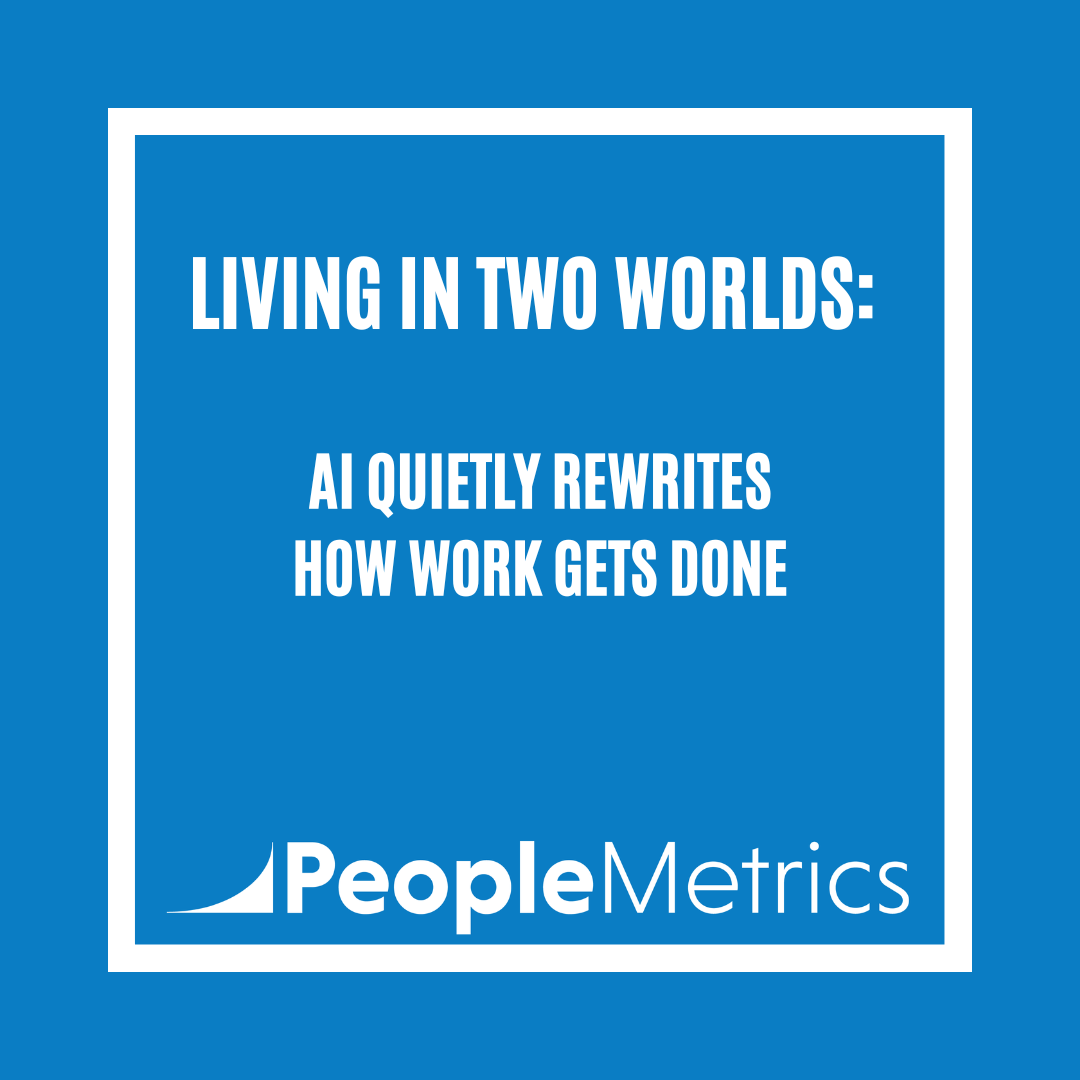
“You cannot unify everyone’s thoughts, but you can unify everyone through a common goal.” – Jack Ma
Culture defines who we are and what we value. It is what we base our decisions and viewpoints on, yet it is so hard to pinpoint and describe.
Learning from the World’s Greatest Bazaar
Alibaba, now with more than double the sales than Amazon, knows a thing or two about the importance of setting clear values. CEO Jack Ma has six values which ring true for any business, and since we’re in the business of engaging and loving our customers, I’ll focus on #1: Customer First.
As value #1, this ends up being the most important value to Alibaba and the most memorized by its employees. Ensuring that your organization understands the core values can be a powerful step in unifying employees towards an impactful culture.
Clarifying Culture – Taking the Road Less Traveled
The author Simon Sinek, who also delivered that great TED talk on the Golden Circle, knows that it’s the “foggy” stuff, like culture, which determines whether your company is aimed for success.
Need a refresher? Here are some of his key points:
-
Start with the fuzzy stuff. Culture is hard to pin, but it’s intrinsic to making sure everything your company does is backed by something bigger than ROI or quarterly presentations. Your staff members are spending 40 hours a week supporting organizational goals. Wouldn’t it be nice if they really knew and connected to those goals? Make sure there’s always a Why behind the What.
-
Know why you do what you do. Are you communicating to your employees the culture that binds everyone together? Are your employees agreeing with your perceptions of what your company values, or is the culture a bit miscommunicated across levels of your organization? Your internal staff should readily know and understand your values, so they can deliver those same values to your customers.
Ensure that people trust in what you believe. Is your culture communicated both inside and out of your company? If your culture is to put customers first, are you really putting all efforts in allocating resources, listening to customer feedback before making decisions, and taking action on customer issues immediately? Are you hiring people who fit within your culture and demonstrate your values? These are all questions to ask to see if you and your employees are living up to the values established.
Culture may be hard to pin, but the benefits of knowing, understanding, and living it out will bring you to new heights and strengthen your team.
“If you hire people just because they can do a job, they’ll work for your money. But if you hire people who believe what you believe, they’ll work for you with blood and sweat and tears.”
– Simon Sinek
What Do You Believe In?
Jack Ma believes in changing China’s social and economic market. He believes that the customer should be placed at the forefront of all decisions. He also believes in his employees, who can be seen doing handstands and shooting off silly string at the Alibaba office.
Better yet, his people are equipped and empowered to make decisions that will positively impact customer experience.
So are you grounded in your culture, or are you still figuring it out? Here are some quick temperature checks:
-
Are you celebrating your employees?
-
Do you communicate often and with purpose?
-
Are you living and breathing the culture yourself, setting a prime example to employees?
Need more insight? Here’s an example of how One Company Created a Customer-Centric Culture. Or, check out our free eBook.
~Becca Johnson
Image Credit: "Hard Work, Dirty Hands" by Ogilvy PR licensed by CC BY 2.0
Topics: Employee Experience, Customer Experience





